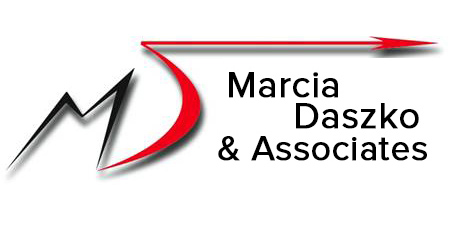Leadership Thinking Tools
/Originally written in June 2013
ANTICIPATE. One of my first clients said to me, “anticipate.” What a powerful concept. Surprise is an element the enemies use, or people you think are your collaborators, but you discover are bullies wielding power and control.
So how can we anticipate better so we can be more prepared to deal with adversity? First responders to catastrophes are trained—to some extent (thank heavens!) Sully, the pilot who landed his aircraft in the Hudson Fiver in NYC, was trained. But do most leaders, at work, home or school, receive sufficient training? Our current focus is operational. We go to work and are swamped just getting the job done.
People who practice asking great questions and practice together can better anticipate and respond to crisis situations. One of the most powerful questions is:
“What if . . . ?”
With this question, creativity flows; brainstorming of good questions and good ideas flourish, barriers to quality are discovered, plans are created, training is identified and implemented. Even if you anticipate and plan for one surprise and it doesn’t happen, chances are that there will be a different event that you did not anticipate. But by strategically going through “What if . . . . ?” exercises, you will be able to better anticipate change.
ADAPT. Some people move often in life. Military families move to different countries. Business owners who survive deal with varying economic conditions. Children change friends when they are transferred to different schools. Life changes require that people adapt; those who embrace change and quickly adapt continually learn and contribute to a new environment. Leaders quickly adapt and create an environment around them so others can, too. They take away obstacles for people to work together.
A Navy Admiral shared a story with me one day. He attended a leadership workshop, and he was the only military person attending. The rest were from corporations. The workshop leader asked them to do a task at their tables. In the midst of working on it, the leader shifted two people from each table and asked them to join a different table. When the two new people joined the table, the Admiral noticed how the group ignored the two newcomers. He noticed the same thing happening all around the room. He shared that in the Navy when people are constantly coming and going, the first things they do are to welcome new people, find out about them, ask questions, understand them and their strengths and explore how they can contribute to helping the group accomplish their task
QUESTIONS
We all need to help create an environment where there is joy in learning, working and improving TOGETHER.
How do we adapt?
How do we welcome newcomers?
Do we ask them how they can contribute?
Do we integrate them?



